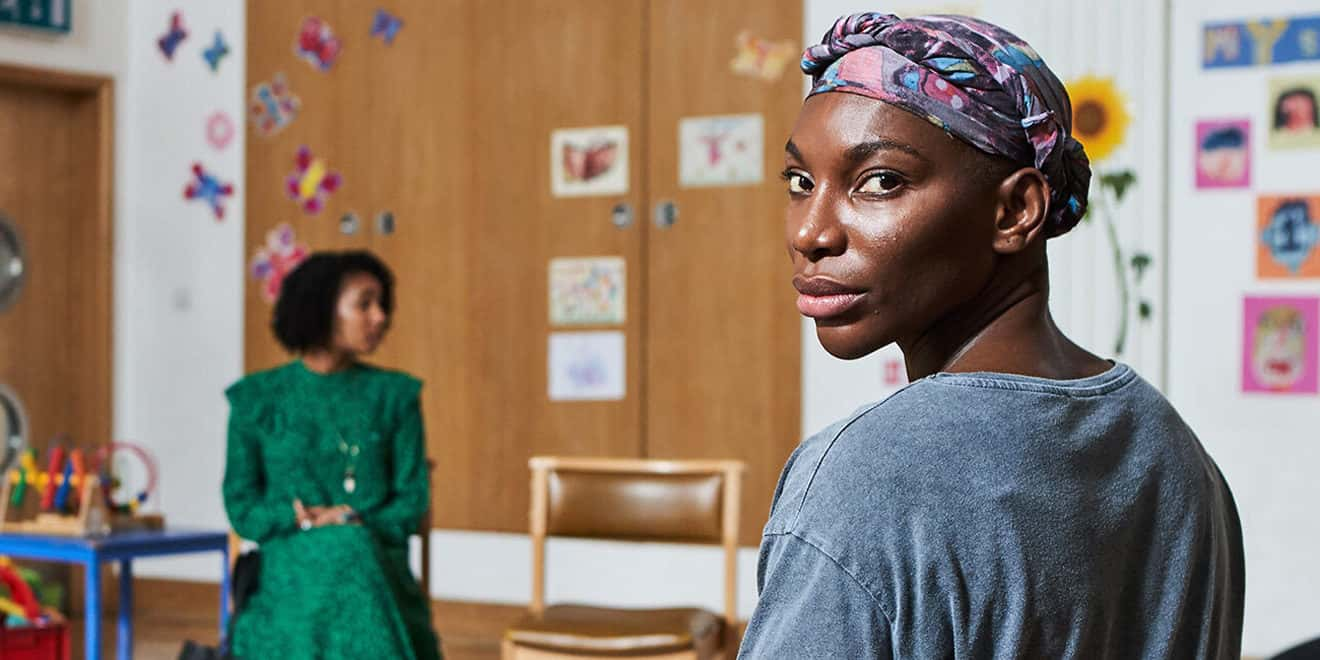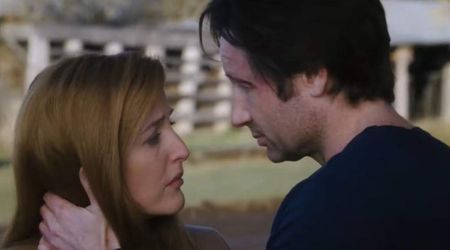'I May Destroy You' Episode 6 Review: False rape allegation further highlights the issue of racism in the UK

Spoilers for Episode 6: 'The Alliance'
Racism in the UK is not something we see on mainstream television every day. Perhaps the intensity of it isn't as rampant as in the US, or maybe it's just something that goes overlooked on primetime television. However, it exists and Michaela Coel once again does the unthinkable, pushing boundaries for raising the discourse on social issues plaguing the planet in her HBO drama 'I May Destroy You'. The purpose of both drama and comedy is not just to tickle the tear glands or the funny bone, but also to make one think. And with Episode 6 of 'I May Destroy You', Coel makes us gauge not just a niche significant to the plot, but also estimate the dynamics of racism with false rape allegations and a Black person's shifting stance on one of their own, depending on their convenience and when it suits them.
The episode opens with Arabella (Coel) recoiling further into her zone as she chooses to engage in a survivor's group headfirst. Instead of speaking to her friends about it or even to her therapist that her publishers were paying for, Arabella decides a support group is the way to go. She finally starts setting boundaries too, starting with Terry (Weruche Opia) when she expresses her interest in joining the group. Arabella tells her the group is for survivors, and Terry is fine with it until she learns it's being run by Theo (Harriett Webb), a former classmate of theirs known for falsely accusing one of their friends of rape.
At this time, we're barely done registering Arabella distancing Terry and a whole new world of White girl accusing Black guy of sexual assault is slammed at us. Shocking and disturbing as the whole incident is, it's a much-needed conversation too. Theo, a white girl, has had quite the pattern of false allegations, starting with her own father whom she was manipulated by her mother into accusing, so her mother could acquire full custody of her. And later, when they were in school, Theo accuses Terry and Arabella's friend Ryan, a Black guy, of raping her at knifepoint after he rejects her advances.

Of course, we don't know what Theo's life has been like or what Ryan's life turned out to be post-assault, but this incident brings to light the repercussions and prejudice a person of color has to face when a White person accuses them. It's interesting how Terry was one of the first's to drag Ryan's name through the mud when Theo's unsubstantiated allegations of being raped by him to the point of bleeding had first surfaced. It doesn't strike as odd because Terry's allegiance has always been very convenience-based, but later when Ryan is proven innocent, the issue does highlight the whole guilty-until-proven innocent aspect and how false allegations spread like wildfires, doing more harm in discrediting actual victims of assault than just ruining an innocent person's life.
The issue, even though probably a minority in the vast majority of cases where actual assaults happen, is left quite open-ended and strikes as odd especially since Theo is about to become such an important part of Arabella's life. This, after Arabella and Terry had to suffer a general lack of sympathy compared to their White peers, is somewhat unsettling too, but again, Coel doesn't spend too long exploring that angle. In that, yes, racism is tackled in this episode, we do get to see the clear distinction between how White girls are treated with kind ears in school, with people ready to drop everything to run to their rescue, while Black girls are given a pat on the back for just keeping their heads down. But Coel's story doesn't digress into those gray areas for long. It finds a way to meander back to its core element, consent, and the many ways it can be breached, while also navigating the murky other-side of allegations.
Coel's work as an actor peaks in moments where she voices, in as many words at the support group meeting that she is there "to learn how to avoid being raped." Her words touch on the issue of how one processes their assault, and being around someone who lied about it also addresses how to process someone lying about a trauma that one is actually dealing with. In all of this, as Arabella's story continues to gain prominence, we see Kwame's (Paapa Essiedu) getting suppressed somewhere in there. He too receded into his shell and despite Terry's earnest efforts to get them to do something, his disturbing encounter with reporting assault makes him shut off just the way Arabella is. But his only support group being these two friends, one battling the trauma of assault herself and the other offering comfort based on her convenience raises worry for the character.
'I May Destroy You' airs on Mondays at 9 pm only on HBO.










